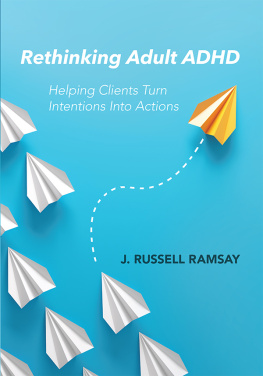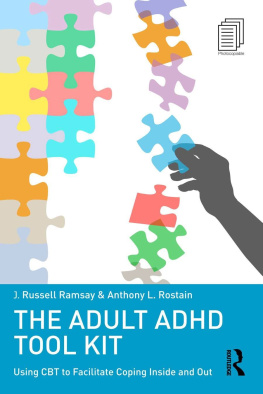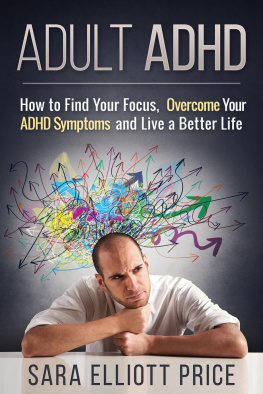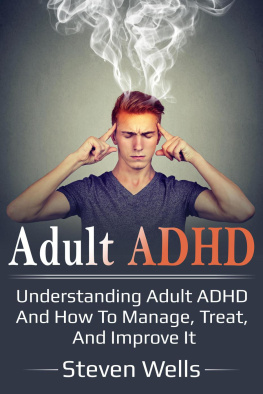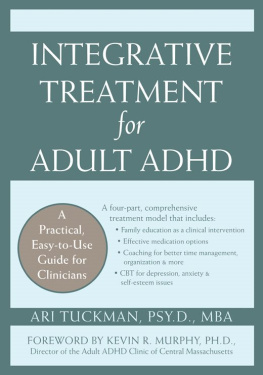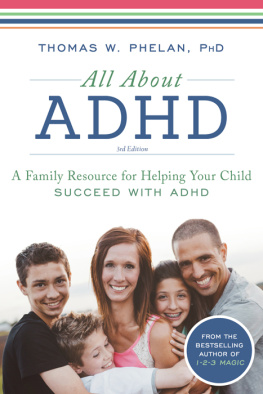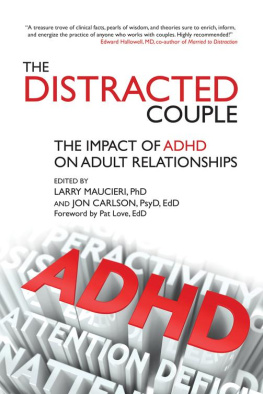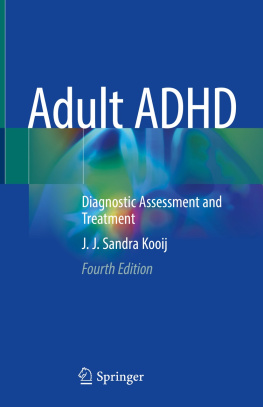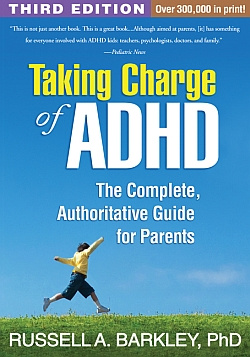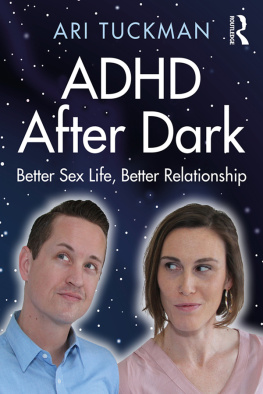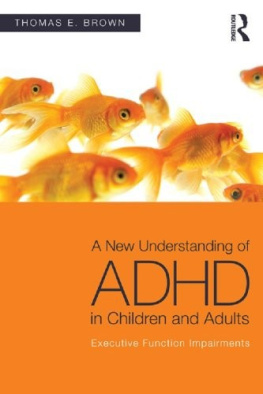CONTENTS
Copyright 2020 by the American Psychological Association. All rights reserved. Except as permitted under the United States Copyright Act of 1976, no part of this publication may be reproduced or distributed in any form or by any means, including, but not limited to, the process of scanning and digitization, or stored in a database or retrieval system, without the prior written permission of the publisher.
Electronic edition published 2020.
ISBN: 978-1-4338-3156-0 (electronic edition).
The opinions and statements published are the responsibility of the authors, and such opinions and statements do not necessarily represent the policies of the American Psychological Association.
Published by
American Psychological Association
750 First Street, NE
Washington, DC 20002
https://www.apa.org
Order Department
https://www.apa.org/pubs/books
order@apa.org
In the U.K., Europe, Africa, and the Middle East, copies may be ordered from Eurospan
https://www.eurospanbookstore.com/apa
info@eurospangroup.com
Cover Designer: Anne C. Kerns, Anne Likes Red, Inc., Silver Spring, MD
Library of Congress Cataloging-in-Publication Data
Names: Ramsay, J. Russell, author.
Title: Rethinking adult ADHD : helping clients turn intentions into actions / by J. Russell Ramsay.
Description: Washington, DC : American Psychological Association, [2020] | Includes bibliographical references.
Identifiers: LCCN 2019023431 (print) | LCCN 2019023432 (ebook) | ISBN 9781433831560 (ebook) | ISBN 9781433831508 (pbk.)
Subjects: LCSH: Attention-deficit-disordered adults.
Classification: LCC RJ506.H9 (ebook) | LCC RJ506.H9 R359 2020 (print) | DDC 618.92/8589dc23
LC record available at https://lccn.loc.gov/2019023431
LC ebook record available at https://lccn.loc.gov/2019023432
http://dx.doi.org/10.1037/0000158-000
10 9 8 7 6 5 4 3 2 1
This book is dedicated, as always, to my daughters, Abigail and Brynn, and to the memories of their beloved grandmothermy mother, Mary Ann Ramsay (19412015)and their auntmy sister, Jennifer Ramsay (19702019).
ACKNOWLEDGMENTS
First and foremost, I want to acknowledge the adults with attention-deficit/hyperactivity disorder (ADHD) whom the University of Pennsylvanias Adult ADHD Treatment and Research Program has been privileged to serve. I have heard scores of personal accounts of life with ADHD and the related struggles, as well as stories of muddling through, managing, and eventually transcending these struggles, in whatever fashion, and these accounts and the irrepressibly hopeful, gritty attitudes that promote these efforts have been a central inspiration for this book. My hope is to give other clinicians a glimpse into these frames of mind as best as I can from having sat across from countless adults with ADHD, listened to them, and hopefully and most importantly got it, thereby being able to offer some measure of help as they aimed to better their lives.
I owe a deep debt of gratitude to the many clinicians, trainees, and staff who have been a part of this program since its inception in 1999. The program has grown from a two-person operation to a full roster of psychiatry residents and advanced doctoral students in clinical psychology who complete year-long, supervised trainings in the assessment and treatment of adult ADHD. We have also benefitted from many individuals who have helped out in various roles (e.g., intake coordinators, testers, research assistants) and many colleagues involved in the business and operations of our department, including our past and present department chairs, Dr. Dwight Evans and Dr. Maria Oquendo, respectively.
Of course, the Penn Adult ADHD program would not have been the focal point of my career but for Dr. Anthony Rostain, who is psychiatrist, colleague, and friend extraordinaire. I am one of those individuals whose specialty found him in the form of being invited by Dr. Rostain to join with him to set up a clinical program targeting the needs of adults with ADHD. Over countless face-to-face meetings, we shared ideas about the direction of our program; would-be projects; timely issues in our field; and various ways to develop, hone, advance, and distill assessment and treatment strategies that hold the promise of offering real-world benefits in the lives of adults with ADHD. Our conversations are as lively and invigorating, if not more so, than when we started.
Over the past several years, Lisa Joy Tuttle, who has developed a Mindful Self-Management group program for executive functioning skills, has become an integral part of our ADHD program. She has been a valued collaborator with unique perspectives who, along with Dr. Rostain and me, constitutes the three-legged stool of leadership at the Penn Adult ADHD program.
I would also like to thank two of my mentors, Dr. Leonard I. Jacobson and Dr. Anita L. Greene, my undergraduate and graduate advisors, respectively. I sought out each of them because they had reputations for being challenging, even intimidating, insofar as they were known to have high standards for their students. These reputations were accurate but incomplete; each was a committed teacher, mentor, and source of support. Neither of them would allow me to avoid a challenge that I was ready to tackle; but neither one would force me into a role I was not ready to assume. I rounded out my formalized training with a predoctoral internship at CPC Behavioral Healthcare in Red Bank, New Jersey, and a postdoctoral fellowship at the Center for Cognitive Therapy at the University of Pennsylvania, where I am still a senior staff clinician.
A special word of thanks goes out to everyone at Broad Street Grind, a coffee shop in Souderton, Pennsylvania, that was my workstation for this book. Almost every Saturday morning I was at the door when it opened. The owner, Phil Shade, the baristas, and everyone else there were always friendly and accommodating, and kept up with my progress on the book. (Of note, my previous two books were written at Main Street Java, not far from where Broad Street Grind is located, which sadly closed for good just weeks before their release. I do not believe in jinxes or superstitions, but I hope Broad Street Grind does not suffer the same fate.)
I wish to thank American Psychological Association Books, Acquisitions Editor Susan Reynolds, and Development Editor Kristen Knight. From the first mention of this book (among a few other ideas), Susan advocated for it as a worthwhile project. As with a previous book I published with the American Psychological Association for which Susan was editor, she allowed me to produce a work with which I was pleased and then handed me off to Kristen and her team, who guided me through the editing and publication process to end up with a book to which I am proud to affix my name. The final product was made so very much better by the thorough and astute suggestions made by Drs. Brad Rosenfield, John Mitchell, and Laura Knouse, each an expert on this topic in their own right. I am grateful for the time and effort they took from their busy schedules to do so; each one is a valued colleague.
My parents, the late Mary Ann Ramsay and the late J. Roger Ramsay, were unending sources of support, and I will forever count myself lucky to have been their son. They each conveyed a modest, unassuming, but purposeful approach to life in which one works hard, tries to do the right thing, and quietly tries to make the world a better place in the process. My sister, Jennifer Ramsay, who sadly died during the final edits of this book, was a source of inspiration by the spirit with which she approached her all-too-brief life.

